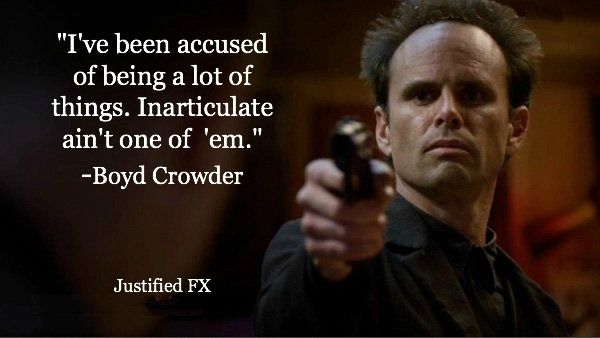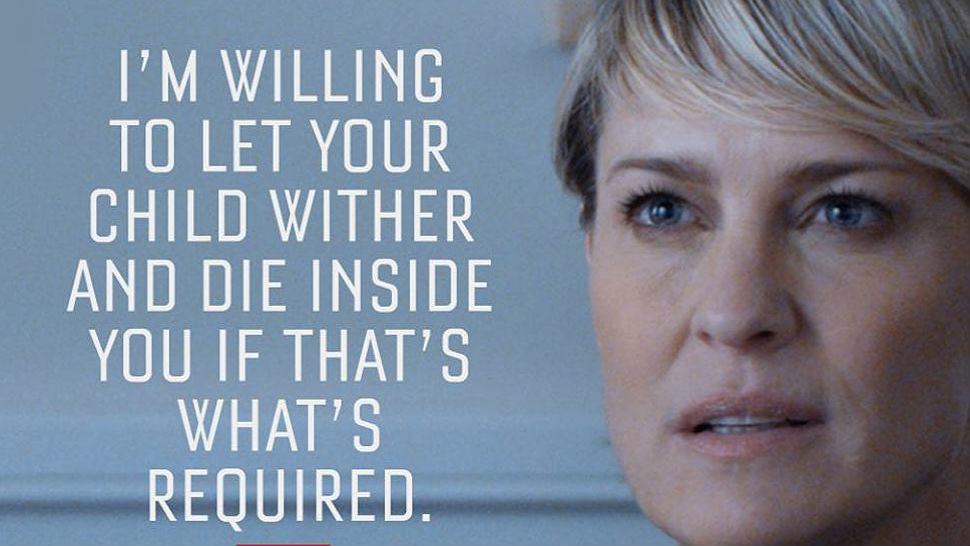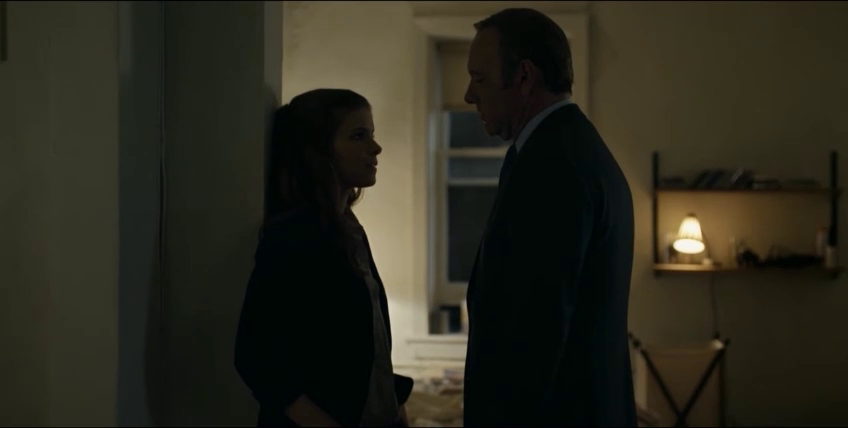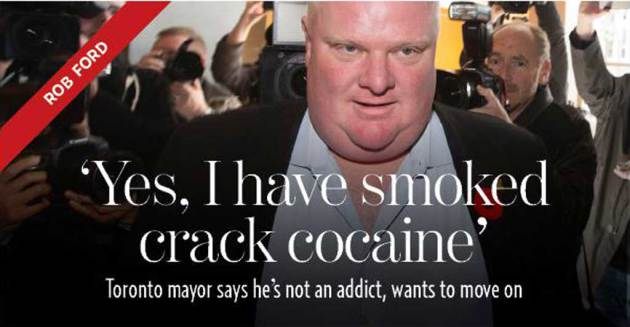
With season 3 of Netflix original series House of Cards just around the corner, now’s a good time to share some thoughts about the political drama.
… On the surface it’s everything I look for in a show. It’s based in the real world (I’m not one for sci-fi or fantasy), but in a corner of the world that I cannot experience – the halls of Washington. It has drugs, sex, murder, and a tantalizing plot that will continue until the show’s final episode. I can’t stand this light NCIS mystery of the week nonsense.
While it’s perhaps not as rawly violent or as deep as The Sopranos or Breaking Bad for example, for me it fills the same space, and gets me off in the same testosterone pulsing way. It’s about Alpha fucking males! Which apparently appeals to weak monkeys like me.
And like the aforementioned shows which both had formidable actors delivering their own brand of charismatic alpha, Kevin Spacey has absolutely nailed the eloquent political psychopath variant. Where Walton Goggins optimizes the charming working class criminal outlaw as Boyd Crowder in FX’s Justified, Senator Frank Underwood has outclassed, out-educated, and out-smarted him, by scaling what is arguably the biggest criminal enterprise in the world … the United States Government.
Nonetheless Boyd could probably give Frank a run for his money in a filibuster.

Spacey’s recent Golden Globe win for the second season of House of Cards is at least a decade overdue and a testament to the rise of streaming television, but also to the fact that he’s simply the best alpha on “TV” right now.
For those unfamiliar, the Beau Willimon created show tells the story of Democratic Majority Whip, Francis Underwood, who is not given the position of Secretary of State as promissed, and then channels his bitterness to do one better and worm his way in to the Oval Office itself. By worm, I mean charm, manipulate, back-stab, and outright murder those around him, as he remorselessly claws his way to the top of the food chain. Along the way he is supported by his equally as cold hearted and cut throat wife Claire (Robin Wright), a leader of an NGO who has no qualms about firing and blackmailing a pregnant and sick employee who actually wants to use the money for good rather than political purposes.
They both fuck around when they feel like it, and discard their lovers when it suits them. They even manipulate each other, but ultimately end up right back hand in hand, because they both want power, and they’re more efficient at obtaining it together. They’re Washington’s Bonnie and Clyde … or the Clintons.
House of Cards also has something to say about conspiracy theorists, the Twitter generation of mainstream and alternative media, and at least tries to touch on the hacker culture. These themes are apt for a drama created in-house by an internet based streaming platform.
… On the surface it’s everything I look for in a show, but beneath the surface I wonder how it reflects on or even impacts the society we live in.
Does art imitate life, or does life imitate art? The truth is probably both.
Frank Underwood is just a character, but it would be naive to think there haven’t been politicians just like him, many who are probably in power right now.
Some brag about giving Spacey lines to use on the show. Underwood has been likened to Ted Cruz, and you might assume having not watched, that the ruthless sociopath with the southern drawl is indeed a Republican, but the writers have done a good job at showing democrats can be power hungry cunts too, and I personally find him more like a Bill Clinton.
Spacey as Underwood even “prank called” old Hillary Clinton in a cringe-worthy video for the real life “non-profit” Clinton Foundation. Perhaps he should have asked her where all the money for Haiti went. Then again like Underwood’s wife Claire, I’m not sure she gives a shit.

Some have dismissed House of Cards as an even more unrealistic and sexed up West Wing, suggesting that the murder is metaphorical and Frank’s schemes unbelievable. It’s a fair assessment to some degree. In the real world Underwood’s plans would not come together so easily, however the idea that there aren’t psychopaths and corrupted people in power is absurd. I remember CIA drug runner Barry Seal who was murdered with George H.W. Bush’s phone number still in his pocket, who used to begin his journeys out of Mena, Arkansas. Bill Clinton was Governor of Arkansas at the time, and while the infamous “Clinton Body Count” (i.e. the number of people who have died on his watch) may have some holes in it, there’s still enough smoke to make a fire.
(Interestingly scientologist and regular state sponsored actor Tom Cruise will be packing on the pounds to play porky Barry Seal in the upcoming movie “Mena”. It’s also being directed by Doug Liman, who made the first Bourne film with help from the CIA’s Chase Brandon … Propaganda cometh.)
The point being, from the Watergate scandal, to the Iran Contra Affair, US politicians have played dirty games for their own personal and idealogical purposes since politics began, and YES people have been killed in the process.
The bigger question I ponder, is what does glamorizing this type of behaviour achieve?
Frank Underwood – like Walter White, Tony Soprano, and a large chunk of modern TV characters – is an antihero. A bad guy that is crafted in such a way that the audience roots for them. A well developed antihero may deserve to be in a jail cell, but they do have redeeming qualities and some plausible reasons for their madness. Tony Soprano was essentially born in to the mob, had an unloving and manically depressed mother, and we were first introduced to him on the shrink’s couch. He has children and a wife to look out for, and friends he does genuinely care about in his own warped way.
Walter White was stuck in the doldrums of suburban America as a weak and unimposing school teacher, who then received the brilliant news that his boring and unfulfilled life was going to end because of cancer. He began selling meth to support his family’s future, and found his inner alpha when he realised he had nothing to lose.

Frank Underwood has virtually zero redeeming qualities, unless you count killing a puppy with his bare hands because it was in pain, or going down on a woman more than half his age so she can rebel against her father (who was literally on the phone), redeeming qualities. It might make for exciting viewing, but there’s nothing morally positive about it.
The only time he shows weakness is when he doesn’t get his own way, right away.
Netflix have created an antihero that is a straight up villain, who would become a national symbol of hatred if he existed in the real world and was exposed.
What is there about Frank to sympathise with or relate to? Does his wife telling him he needs to get in shape, or that he likes to throw business towards a local BBQ joint, humanize him enough that we want him to get away with multiple murders?
At the beginning of season 2, he does something so unexpectedly dastardly that you will literally be shouting at the screen. Yet a few episodes in you’ll forget all about it, and find yourself smirking at his latest tongue twisting monologue.
He’s a charming bastard!
Perhaps the charming bastard we wish we could be ourselves? We all have a dark side to our psyche, filled with primal urges, perversions, and selfish thoughts. We don’t act on them because we have a conscience, aren’t mentally unstable, and fear the repercussions. Like blood-soaked video games, maybe watching Underwood remorselessly destroy people’s lives and enjoy it, gives us some kind of release that we don’t get in the real world?
But at what point do we become desensitized? TV used to have a moral code. Slowly we’ve slipped further and further away from those values. Does it ever end?
Part of me is troubled by the idea that we would get behind such an evil political character, and I wonder whether it might desensitize us to real life political corruption. The public are already apathetic to politicians and their scandals, and even if we’re outraged, we don’t usually act on it. When political corruption enters in to our sphere of entertainment does that make us even more apathetic? Does it normalize the behaviour to the point where we just accept it in the real world? Do some of us even decide to support abhorrent behaviour?
Rob Ford, former Mayor of Toronto, while certainly no Frank Underwood, is an interesting figure in that regard. Despite a laundry list of degenerate behaviour, conflicts of interest, criminal ties, and convictions, he still has supporters. They either enjoy the media circus that follows him or see him as some kind of man of the people because his moral standards are so low that they don’t feel patronized by him or out of his reach … Criminal behaviour is cool, because entertainment tells us it is, so Rob Ford is cool too.

What may be House of Cards’ moral redemption is in its title. The crimes Frank has committed and the people he has stepped on can’t all be swept under the rug. Like a house of cards, his empire is bound to come crashing down when somebody pulls the support.
Whatever bad Walter White did he never had a future to enjoy his spoils, and ultimately his family turned against him and he died by the sword. The ending of the Sopranos was controversial because it never reached a final conclusion. The audience themselves were tasked with deciding whether Tony was assassinated or went on to have a happy family life. The latter is unlikely if you know anything about real life crime families. Even if he died of old age, his demons were always going to be haunting him.
If Frank doesn’t get his comeuppance or lose his empire, and the show concludes with him maniacally laughing from his dictator’s chair, I’m going to feel a little gross and confused.
Season 3 of House of Cards drops in full on Netflix, on February 27th. The subject of Russia is going to be dealt with on the geopolitical stage, which is going to be interesting. Russia vetoed plans for the crew to film from the real United Nations building, and who can blame them? Why should they allow Team America to waltz in to an international institution, in order to film scenes that will most likely paint them in a negative light?




